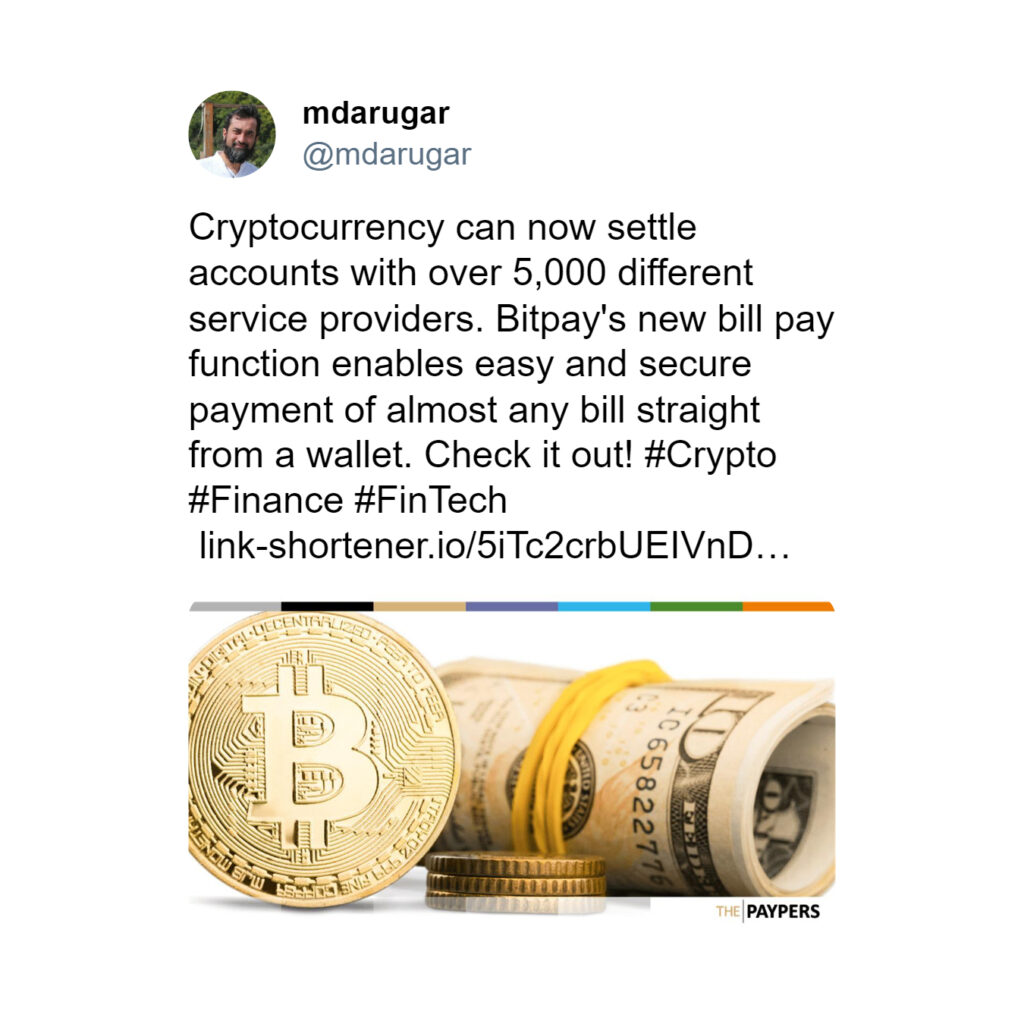Unleashing the Power of Blockchain in the Digital Frontier
In the ever-evolving digital landscape, innovation is the name of the game. From the way we shop to how we communicate, technology is at the heart of every transformation. And one of the most significant technological advancements changing the web development game is the integration of blockchain technology. platinums.agency, a pioneer among Web3 development companies, is at the forefront of this revolution. In this article, we’ll explore how blockchain is reshaping web development, and why platinums.agency is your ideal partner in this journey.
Blockchain in Web Development: A Paradigm Shift
Blockchain technology, which began as the backbone of cryptocurrencies, has rapidly expanded its scope. Its decentralized, secure, and transparent nature has made it a game-changer across industries, including blockchain in web development.
Transparency and Trust
Blockchain’s foundational principle is trust through transparency. It creates an immutable ledger of records where every transaction and piece of data is publicly verifiable. This transparency eliminates the need for intermediaries, reducing the chances of fraud and enhancing trust among users.
Example: Supply Chain Management
Blockchain has been integrated into supply chain management, providing end-to-end visibility into the movement of goods. Companies like IBM Food Trust and Walmart are using blockchain to track and authenticate the origin of products, ensuring the integrity of the supply chain.
Decentralization
Traditionally, web applications and platforms have been hosted on centralized servers. Blockchain introduces decentralization, distributing data and processes across a network of computers. This not only enhances security but also reduces the risk of data loss.
Example: File Storage
Filecoin is a blockchain-based project that allows users to rent out their unused storage space to create a decentralized file storage network. It incentivizes users to share their resources, reducing the dependency on centralized data centers.
Smart Contracts
Smart contracts are self-executing contracts with the terms of the agreement directly written into code. They automate processes and eliminate the need for intermediaries, making transactions more efficient and cost-effective.
Example: Real Estate
In real estate, smart contracts are used to automate the buying and selling process. Buyers and sellers can exchange assets without the need for real estate agents or banks, reducing fees and expediting transactions.
Enhanced Security
Blockchain’s cryptographic techniques make it highly secure. Data stored on a blockchain is resistant to modification, making it ideal for storing sensitive information.
Example: Healthcare Records
Blockchain is used in healthcare to secure patient records and enable secure sharing among authorized medical professionals. Health data is highly sensitive, and blockchain ensures its integrity and confidentiality.
The Role of Blockchain in Web Development
As the web development landscape evolves, blockchain technology offers a host of benefits and opportunities for businesses and developers.
Decentralized Apps (DApps)
Decentralized applications, or DApps, are built on blockchain technology. They are not controlled by a single entity, making them resistant to censorship and single points of failure.
Example: Ethereum
Ethereum, often referred to as the pioneer of DApps, has given rise to a vast ecosystem of decentralized applications. These DApps offer various services, from DeFi platforms to NFT marketplaces.
Secure Transactions
Blockchain ensures secure transactions, making it an attractive option for e-commerce platforms and payment gateways. It minimizes the risk of fraud and chargebacks.
Example: BitPay
BitPay is a blockchain payment processor that enables businesses to accept cryptocurrency payments securely. It provides a bridge between the traditional financial system and blockchain, reducing transaction costs and risk.

Tokenization
Blockchain allows for the creation of digital tokens that can represent assets, ownership, or access rights. This opens up new possibilities for crowdfunding, asset management, and ownership verification.
Example: Binance Launchpad
Binance Launchpad is a token launch platform that leverages blockchain to raise funds for crypto projects. It has facilitated the tokenization of various assets and projects.
Decentralized Finance (DeFi)
DeFi, powered by blockchain, is disrupting traditional financial services. It offers a wide range of financial products and services, including lending, borrowing, and trading, without the need for traditional intermediaries.
Example: MakerDAO
MakerDAO is a prominent DeFi project that provides a decentralized stablecoin called DAI. It allows users to create DAI by locking collateral in smart contracts, enabling stability in a volatile crypto market.
NFTs (Non-Fungible Tokens)
NFTs have taken the art and entertainment world by storm. These unique tokens, built on blockchain, represent ownership of digital assets, including art, music, and collectibles.
Example: CryptoKitties
CryptoKitties is a blockchain-based game that allows users to collect, breed, and trade unique digital cats. Each CryptoKitty is an NFT with a verifiable ownership history.
platinums.agency: Your Leading Web3 Development Firm
platinums.agency is not just a web development company; we are a Web3 development firm, dedicated to harnessing.












